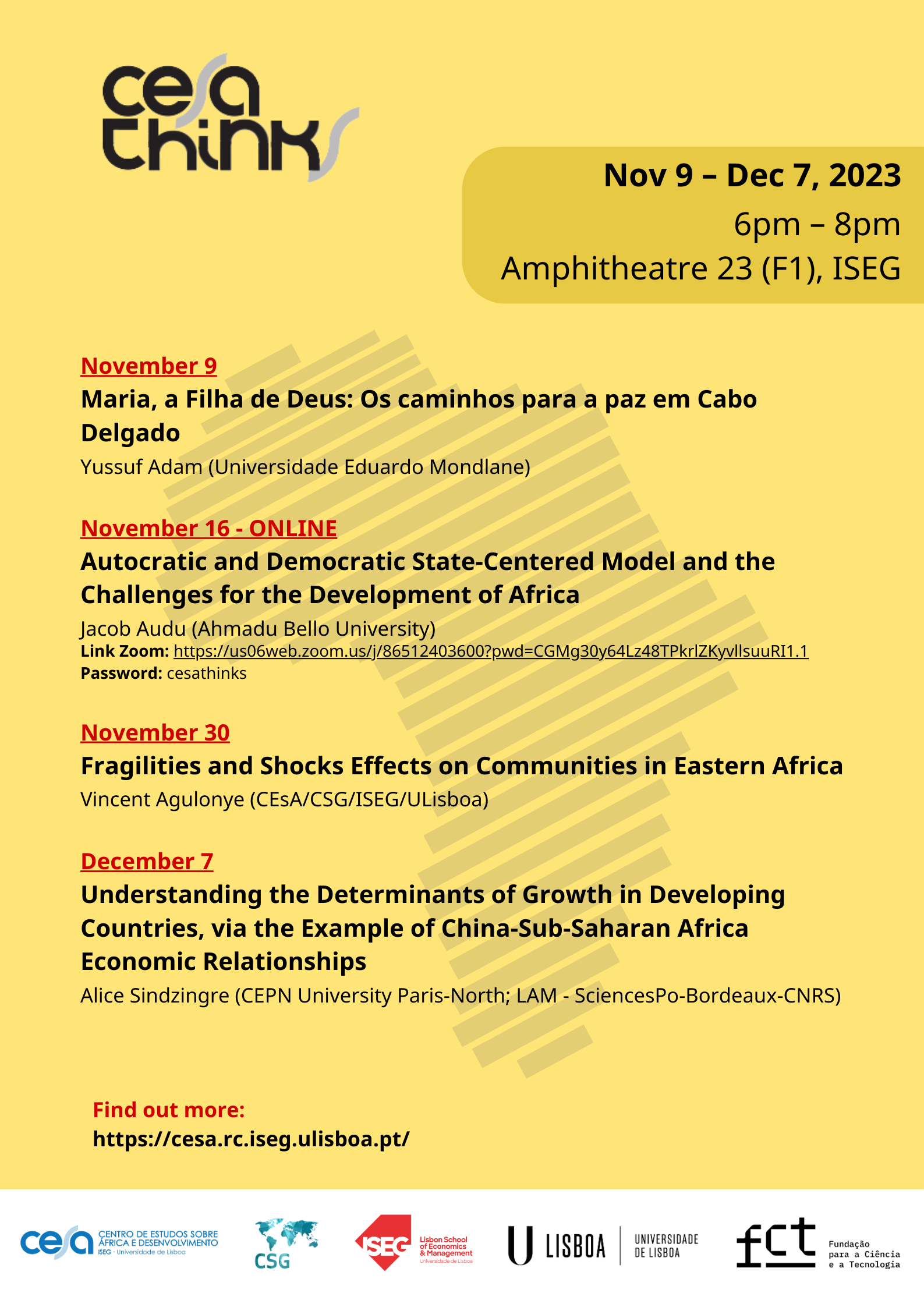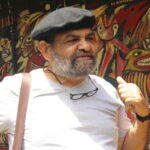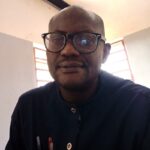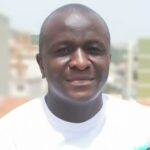CEsA Thinks 2023 – Research Seminars | November 9 – December 7, 2023, 6pm-8pm | ISEG – Amphitheatre 23 (F1)

The coordinators Vincent Agulonye and Daniel Adayi, the Centre for African and Development Studies (CEsA/CSG/ISEG/ULisboa) and the ISEG – Lisbon School of Economics and Management, of the University of Lisbon (ULisboa), are pleased to invite you to the CEsA Thinks 2023 – Research Seminars. Presentations aim to promote peer discussions on current research conducted by researchers in the field of Development, with the aim of generating contributions and criticism of the works presented.
The Research Seminars Cycle will take place from November 9 to December 7, 2023, always on Thursdays*, from 6 pm to 8 pm (Lisbon time, UTC+0). The seminars will be in person** at Amphitheatre 23, Francesinhas 1 – ISEG (Rua do Quelhas 6, 1200-781 Lisbon, Portugal). Check out the full programme in the poster above.
*The only exception is on November 23, when there will be no session.
**The only exception is the session on November 16, which will be online. Zoom link: https://us06web.zoom.us/j/86512403600?pwd=CGMg30y64Lz48TPkrlZKyvllsuuRI1.1#success
CEsA Thinks 2023
Date: from November 9 to December 7, 2023, from 6 pm to 8 pm (Lisbon time, UTC+0). Always on Thursdays, with the exception of November 23rd, when there will be no session.
Venue: Amphitheatre 23, Francesinhas 1 – ISEG (Rua do Quelhas 6, 1200-781 Lisbon, Portugal)
Seminars will be in person, with the exception of November 16, when there will be no session (Zoom link: https://us06web.zoom.us/j/86512403600?pwd=CGMg30y64Lz48TPkrlZKyvllsuuRI1.1#success).
Get to know more about the sessions and its presenters
November 9 – “Maria, a Filha de Deus: Os caminhos para a paz em Cabo Delgado”
Presenter: Yussuf Adam (Eduardo Mondlane University, Maputo, Mozambique)

Yussuf Adam is Chief of the Department of History and Associate Professor at the Faculty of Letters and Social Sciences – Department of History at the University of Eduardo Mondlane (Maputo, Mozambique). Adam teaches the Social History of Health and Environment, and Urbanization and Rural Development in Africa. He holds a BA and a Master’s degree in History, and a PhD in Social Sciences from Roskilde University (Denmark).
November 16 – “Autocratic and Democratic State-Centered Model and the Challenges for the Development of Africa”
Presenter: Jacob Audu (Ahmadu Bello University, Zaria, Nigéria)

Jacob Audu is Associate Professor at the Department of Political Sciences and International Studies – Faculty of Social Sciences at the Ahmadu Bello University (Zaria, Nigeria). Audu holds a PhD in Philosophy and is a researcher and consultant in security, governance and democracy.
November 30 – “Fragilities and Shocks Effects on Communities in Eastern Africa”
Presenter: Vincent Agulonye (CSG/ISEG/ULisboa)

Vincent Agulonye is a CEsA researcher (CSG/ISEG/ULisboa). He holds a PhD in Development Studies from ISEG, University of Lisbon. At the moment, he is involved in studying development trends in Nigeria’s private sector (especially in the manufacturing industry) in Anambra.
December 7 – “Understanding the Determinants of Growth in Developing Countries: The example of China-Sub-Saharan Africa economic relationships”
Presenter: Alice Sindzingre/CEsA/CSG/ISEG/ULisboa
Abstract: The economic relationship between Sub-Saharan Africa and China intensified from the 2000s onwards. A key debate is as to whether these relationships have contributed to the economic growth of African economies – a debate that also has political economy implications in view of the criticisms of China’s presence in Africa. The determinants of growth highlighted by economic theory usually refer to physical capital (investment), human capital, innovation (including industrialisation), economic policies (e.g., trade openness), and institutions. Interestingly, the empirical impacts of China-Africa economic relationships may not fully illustrate the theoretical findings of the growth literature. It is argued that China’s economic relationships – trade, investment – have been drivers of growth in Sub-Saharan Africa, but that China’s impact on African growth has been limited by the specific modalities of these relationships: e.g., the economic weight of China makes it a player with which African countries cannot compete, notably for their own industrialisation that is threatened by Chinese industrial products; a substantial part of these relationships relies on primary commodities with low value added and hence wealth creation; and the contribution of China to the consolidation of African institutions remains limited, though economic theory views institutions as core determinants of growth. A subsequent argument is that China may not differ from Africa’s previous economic partners, e.g., Western countries, which have also exhibited mixed contributions to Africa’s growth.

Alice Sindzingre is a Research Associate at the CEPN (Paris-North Economics Centre, University Paris-North, France), at the LAM Research Centre (‘Africas in the World’, National Centre for Scientific Research/CNRS-SciencesPo-Bordeaux, France) and at the Centre for African and Development Studies (CEsA, ISEG, University of Lisbon, Portugal). She has been a member of the Core Team of the World Bank World Development Report 2000-1 on poverty. She has conducted research on development economics and political economy with a focus on Sub-Saharan Africa and has published articles in academic journals and books on a large range of topics, including international trade, foreign aid, China-Africa relationships, the theory of institutions, and the epistemology of economics.
Read more:
CEsA Presents: CEsA Thinks 2022/2023 – Seminars | October 13th, 2022 to February 8th, 2023\
Watch all sessions of CEsA Thinks Seminars
Author: CEsA Communication (comunicacao@cesa.iseg.ulisboa.pt)
Image: CEsA/Reproduction





